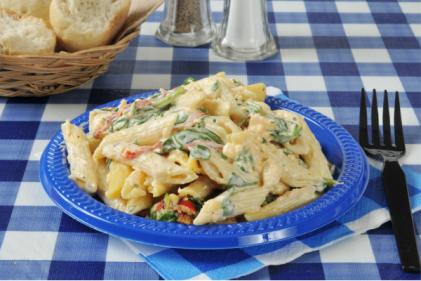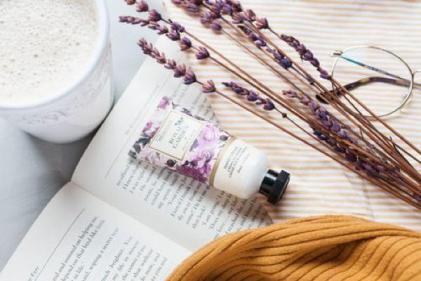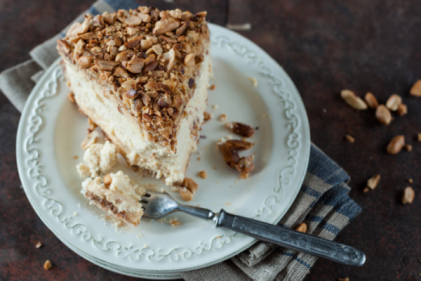It’s probably best if you avoid painting during pregnancy. Painting can expose you to lots of different chemicals and solvents. It’s not known how these chemicals will affect the foetus, since it is near to impossible to measure how much of the various substances are absorbed by the body. The safest option is to let someone else do the painting or wait until after your baby's born. But remember that the same safety precautions apply to the baby. Don't put them in a freshly painted room.
Likewise, scraping or sanding any type of painted surface is not recommended during pregnancy. Of special concern is lead-based paint, which was in common use before 1970. You inhale lead dust if you scrape lead paint, which can be harmful to both you and the baby. Leave this job to the professionals, who can do the work while you are out of the house.
The theory is that exposure to chemicals during pregnancy increases the risk of having a baby with birth defects. One study discovered that women who regularly were exposed to solvents such as those used in car repairs, painting and furniture stripping, had a slightly higher risk of having a baby with gastroschisis, which is a condition where the intestines and other organs grow outside of the body through a hole in the abdomen.
If you do decide to go ahead and paint the room yourself, at least take the following precautions:
• Wear a ventilation mask with a filter especially designed for painting, gloves, long trousers, and a long-sleeved shirt to protect your skin.
• Don’t eat or drink anywhere close to where you are working. This prevents you from consuming any chemicals that may have come in contact with your food or drink.
• Use a paint that contains low or zero volatile organic compounds.
• Limit the amount of time that you paint.
• Keep the windows open to let fumes escape and don't sleep in a newly painted room.
Make sure you work in a well-ventilated area if you paint as a hobby. Remember to take regular breaks and use watercolour or acrylic paints rather than oil paints.
Likewise, scraping or sanding any type of painted surface is not recommended during pregnancy. Of special concern is lead-based paint, which was in common use before 1970. You inhale lead dust if you scrape lead paint, which can be harmful to both you and the baby. Leave this job to the professionals, who can do the work while you are out of the house.
The theory is that exposure to chemicals during pregnancy increases the risk of having a baby with birth defects. One study discovered that women who regularly were exposed to solvents such as those used in car repairs, painting and furniture stripping, had a slightly higher risk of having a baby with gastroschisis, which is a condition where the intestines and other organs grow outside of the body through a hole in the abdomen.
If you do decide to go ahead and paint the room yourself, at least take the following precautions:
• Wear a ventilation mask with a filter especially designed for painting, gloves, long trousers, and a long-sleeved shirt to protect your skin.
• Don’t eat or drink anywhere close to where you are working. This prevents you from consuming any chemicals that may have come in contact with your food or drink.
• Use a paint that contains low or zero volatile organic compounds.
• Limit the amount of time that you paint.
• Keep the windows open to let fumes escape and don't sleep in a newly painted room.
Make sure you work in a well-ventilated area if you paint as a hobby. Remember to take regular breaks and use watercolour or acrylic paints rather than oil paints.








